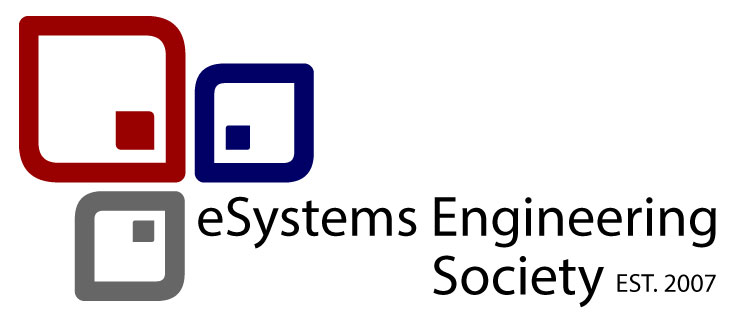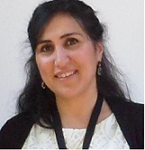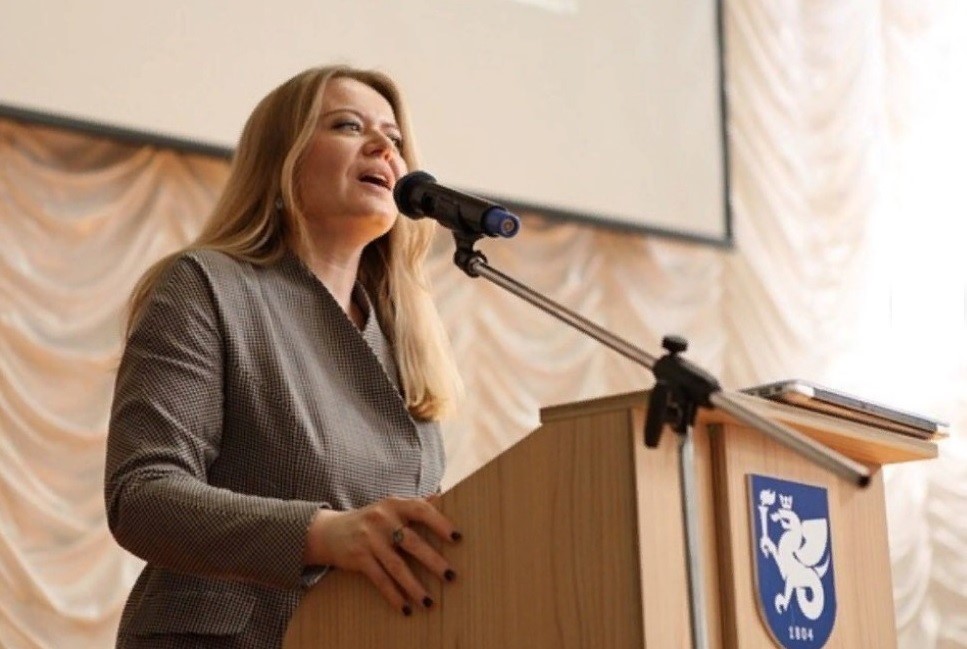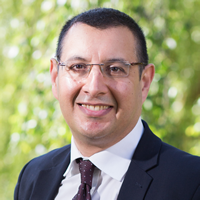Founders and Board of Trustees
 |
Our Founder/President Prof Dhiya Al-Jumeily OBE (Professor of Artificial Intelligence) was born in the Middle East and moved to the UK in 1990 to pursue his postgraduate studies. Dhiya had contributed to the scientific and research community by taking Artificial Intelligence (AI) from theory to practical real-life applications that changed the world and made it a better place. Over the last three decades, Dhiya had developed intelligent applications (SMART Apps) in diverse areas including healthcare, environment, safety and security, that have been used continuously in many countries globally. In this area, Dhiya developed and validated sophisticated AI analytics using an Agile approach in software development where AI works alongside experts and stakeholders. Specifically in healthcare, the advantages of SMART Apps exceeded economic advantages to reaching out to marginalised population who could not access healthcare services otherwise. His belief in ‘AI for everyone’ motivated him to make inclusivity in his research lifecycle from recruiting participants to disseminating the outcomes. For instance, the headache diary application is currently used by individuals from the UK, Egypt, Jordan and the UAE. Dhiya have always had passion and aspiration to help everyone include marginalised populations originated from his early experience in the UK where he had volunteered in many community projects related to multicultural and multi-faith projects targeted at creating opportunities for young individuals from under-privileged communities. Dhiya’s help and support was not limited to the community; but also, to researchers and students worldwide where he had set up global research and teaching projects that enabled individuals to pursue successful careers in Software Engineering, AI, Data Science and Material Science. One of the online courses in Data Science that Dhiya has set up, LJMU-upGrad, has been recruiting 1500 – 2000 per year worldwide. Considering his devotion for helping others, that was not the only activity that Dhiya had established over the years. Notably, he has established the eSES that is a non-profit organisation (NGO) which supports the scientific and public community serving individuals from all age groups, backgrounds, nationalities and orientations especially the disadvantaged population. This is supported by his vision ‘AI for everyone’ where each member of the global population can contribute and benefit from the 4th industrial revolution. |
|
|
—————————————————————————————————-







